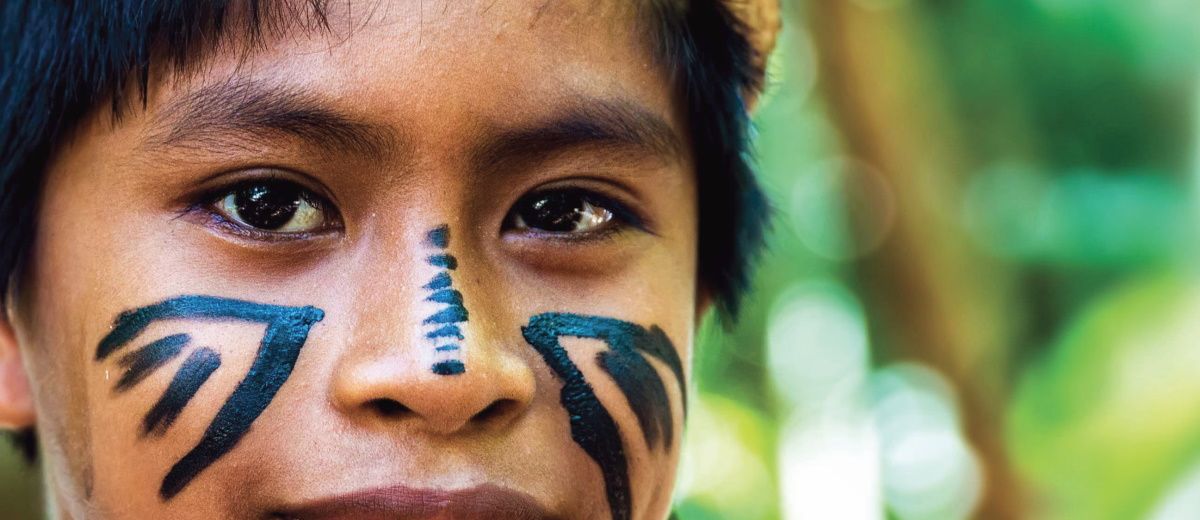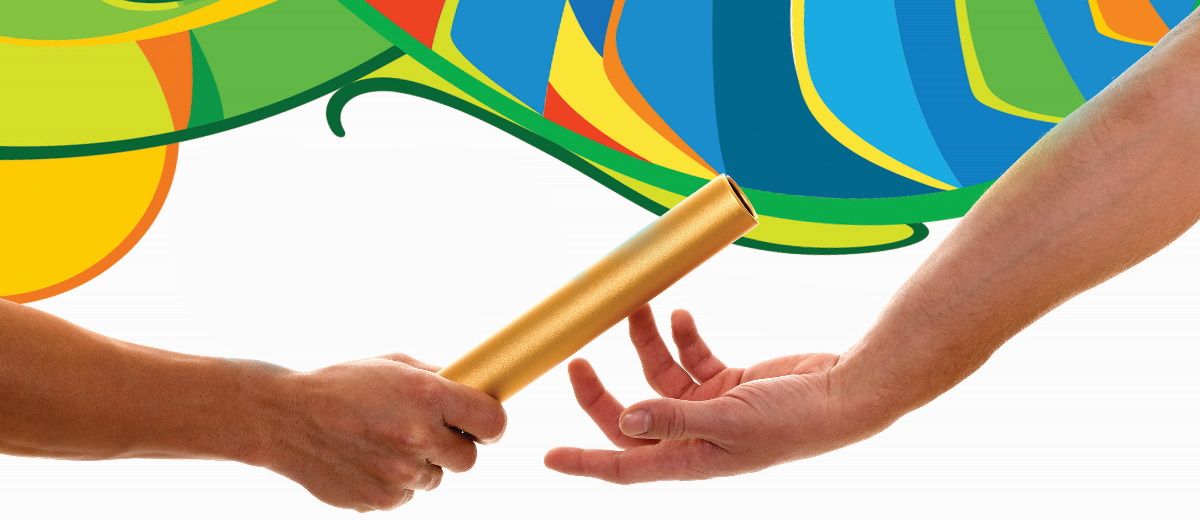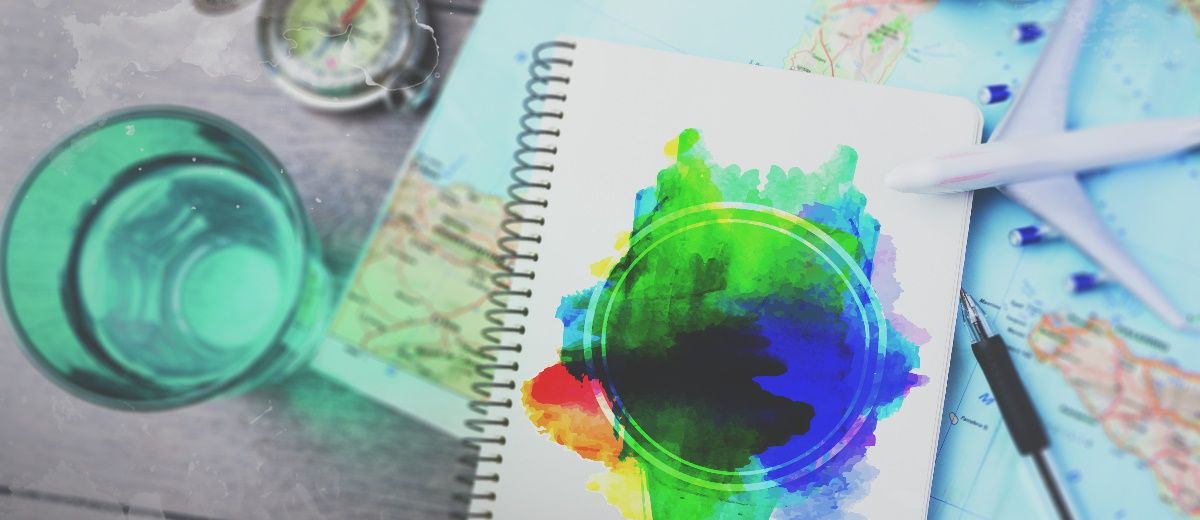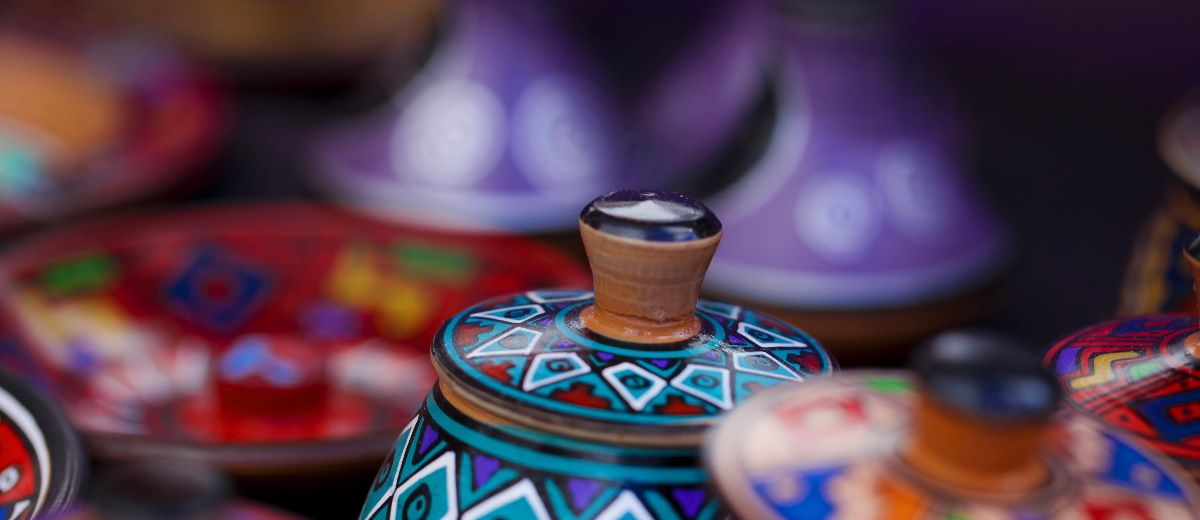Reaching the Unreached in South America!

The Amazon rainforest holds the largest concentration of uncontacted people anywhere on earth! Of the estimated 100 uncontacted tribes in the world, no less than 77 reside in the Amazon; tribes isolated from society without any chance to ever hear the Good News of Christ. Romans 15:20 states, “Yea, so have I strived to preach the gospel, not where Christ was named, lest I should build upon another man’s foundation:”
Amazon for Christ is a ministry devoted to glorifying God while striving to preach where Christ is not known. As a team of evangelists and medical personnel, they travel the river tributaries with mobile medical clinics. The provision of medical care opens the door to preach the Gospel in villages where there is no church of any kind. An estimated 33,000 villages in the Amazon basin are without a Gospel witness of any kind.
On a recent trip, the team arrives at a small fishing village just as the sun sets behind the dense jungle along the banks of the Itaquaí River. Soon they are met by villagers who bring the first patient. A woman holding her crudely bandaged arm asks for medicine to ease the pain from a severe knife wound leveled upon her by her machete-wielding husband. A domestic dispute, which potentially could have resulted in a fatality, has become an opportunity to share the life-giving message of Christ. After attending to the pressing physical need, we have an entire village ready and receptive to hear God’s Word. This is one example of how God is using mobile medical clinics as a key to open doors in areas otherwise left closed to the Gospel.
Days later, we learn of another village deeper within the bush. After confirming the reports, we begin to mobilize our mission team in their direction. Soon we find ourselves walking through the virgin jungle of Brazil’s westernmost Amazon Basin. Woolly monkeys chatter somewhere in the distance, their banter punctuated by the occasional zing of a machete and the shrill cries of screaming piha birds high in the canopy overhead. A column of 14 men proceed in silence, strung out single file far back into the forest. The group is soon swallowed from view by a spray of overhanging branches and vines, as thick as anacondas, dangling 100 feet from the treetops to the forest floor. Just ahead, our guide strides double-time across a stretch of level ground; a welcome break from the steep riverbanks we have been scrambling over for days. As we enter a clearing, we can see in the distance the spiraling smoke from fires indicating a village lay ahead. Soon our efforts pay off as we see in view the tops of the thatched roofed houses and villagers working in their gardens. “You’re probably the only outsiders ever to have walked here”, the guide explains. The guide has led us into the doorway of one of the most remote, uncharted places left on the planet; near the headwaters of two adjacent rivers, the Itaquaí and the Javarí. We are not far from an area we dare not enter, known as the Vale do Javari indigenous area. This is the land of the mysterious Korubos, or Club People, a rarely glimpsed Indian tribe known principally as feared warriors disposed to unleashing a blow from their long bamboo clubs in order to defend their territory against intruders; then melting away into the forest. In one of the fishing villages, they tell us stories of the rare experiences they have had with the Korubos which, on one occasion, resulted in the death of two family members. The Korubos figure among the 77 so called “uncontacted tribes” living in the far recesses of the Brazilian Amazon, which have been documented through aerial surveys. The Vale do Javari holds the largest such concentration anywhere in the world. Most of them are descendants of the survivors of massacres perpetrated by white intruders over the centuries.
The tribes then scattered into the rugged folds of the region’s headwaters and continue to shun contact with the outside world; but violent clashes account for only a fraction of the deaths suffered by native communities at the hands of outsiders. Many died from epidemic diseases, including the common cold, for which they had no biological defenses. It is for this reason that the government has sought to keep the door closed to this region so long left isolated from the modern world. The provision of medical care is the key which unlocks the door into these areas long closed to the Gospel message. Through mobile medical clinics, we are allowed access by taking teams of doctors and evangelists to virgin areas untouched by our modern world and the Gospel. We have seen God use these clinics as a catalyst to establish churches among fishing villages, known as ribeirinhos, in otherwise inaccessible areas. These small fishing villages provide a bridge between the civilized world and the uncontacted tribes. Often tribal leaders will leave their young in these river villages to learn the “white man’s” language and medicine, in order to one day return to help their tribe. This provides us an opportunity to reach these kids while they are young and send them back to the restricted indigenous area with the Gospel message. The clinics in the unrestricted fishing villages are key to reaching the entire Amazon for Christ. As word spreads of the clinics, the people come from distances within the bush, bringing their sick. We have attended to many needs such as malaria, snake bites, skin rashes, even leprosy; but all with one great need, the Lord Jesus Christ. Every clinic is followed by a service where the Gospel is clearly presented and every patient receives a portion of God’s Word to take home. National workers later continue follow up with the new converts, much like the circuit riding preachers of American heritage, making possible a church plant. All along the way, while navigating through river tributaries and jungle trails, in village after village we are met with the same receptive hearts waiting and ready to receive the Gospel message.
God, in His providence, has given us this open door into the Vale do Javari. In Matthew 9:38, Christ tells us to “Pray ye therefore the Lord of the harvest, that he will send forth labourers into his harvest.” Why then should we not risk life and expense to reach those isolated from Him? Oswald J. Smith once said, “No one has the right to hear the Gospel twice, while there remains those who have not heard it once”. Let us continue the mission of the Great Physician, to take the Gospel to unreached people groups long isolated from God and the modern world!.






